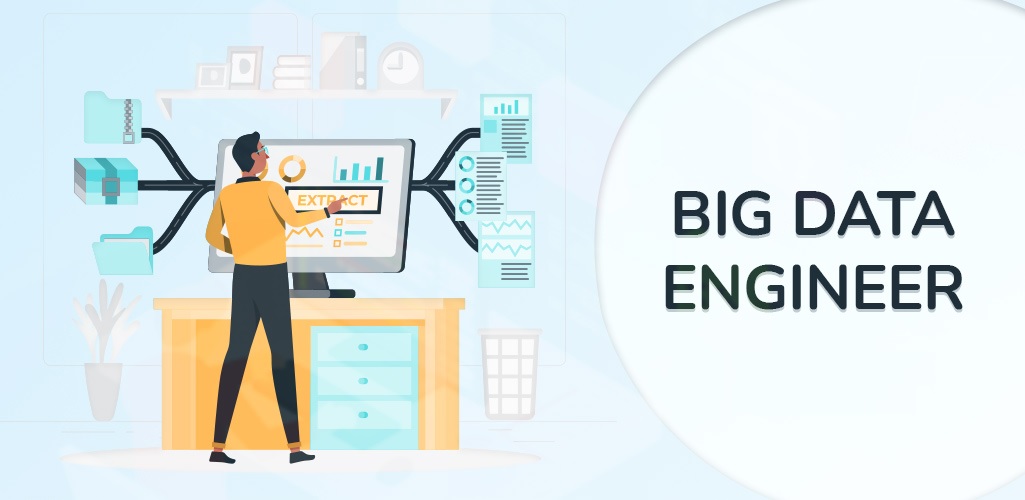With the advent of the internet and other digital platforms, the big data industry has witnessed dramatic growth in just a few years. According to Acumen Research and Consulting, the global big data market was valued at US$ 163.5 billion in 2021 and will grow to US$ 473.6 billion by 2030. Every day, the amount of data generated and collected by businesses and organizations proliferates. Therefore, big data engineers consistently gain popularity in analyzing and using this data effectively to provide valuable insights and drive business decisions.
Additionally, the Bureau of Labor Statistics (BLS) states that overall employment of big data engineers will grow in demand significantly in the next five years, making it a promising career path to pursue. So, taking up a Data Engineering and Analytics course in 2023 can be a game-changing decision for your career.
Pursuing a Data Engineering and Analytics course will give you the acumen to design and build the infrastructure and systems needed to store, process, and analyze large data sets. With data engineering skills, you can ensure that data is accessible and usable by other teams, such as data scientists and analysts. As a result, the demand for skilled big data engineers is growing to keep up with the increasing amount of data being generated. So, let’s explore the future of big data engineers in the next five years.
The field of big data engineering will continue to grow in the next five years as more and more organizations strive to gain insights from the vast amounts of data they collect. The increasing amount of data being generated from various sources, such as IoT devices, social media, and e-commerce transactions, means that big data engineers will play a crucial role in helping organizations analyze and extract valuable insights from this data.
The future of big data engineers
One trend likely to continue in the next five years is cloud-based services for big data processing. Cloud providers like Amazon Web Services (AWS), Microsoft Azure, and Google Cloud Platform offer various big data services that allow organizations to quickly process and analyze large amounts of data without needing expensive hardware.
Another trend is using artificial intelligence (AI) and machine learning (ML) to extract insights from big data. As these technologies become more advanced, big data engineers will need a strong understanding of AI and ML algorithms and techniques to analyze and extract insights from big data effectively. This will require big data engineers to understand programming languages.
Furthermore, the next five years will see big data engineers work more closely with data scientists and analysts. This will require big data engineers to have a solid understanding of data modeling and data warehousing, as well as the ability to communicate effectively with data scientists and analysts to understand their needs and help them extract insights from big data. Therefore, the next five years will bring many exciting opportunities for big data engineers, as organizations continue to invest in big data technologies and look for new ways to extract insights from their data. Opting for a course in the field will allow you to stay ahead in the area, develop new skills, and work closely with data scientists and analysts in the future.



